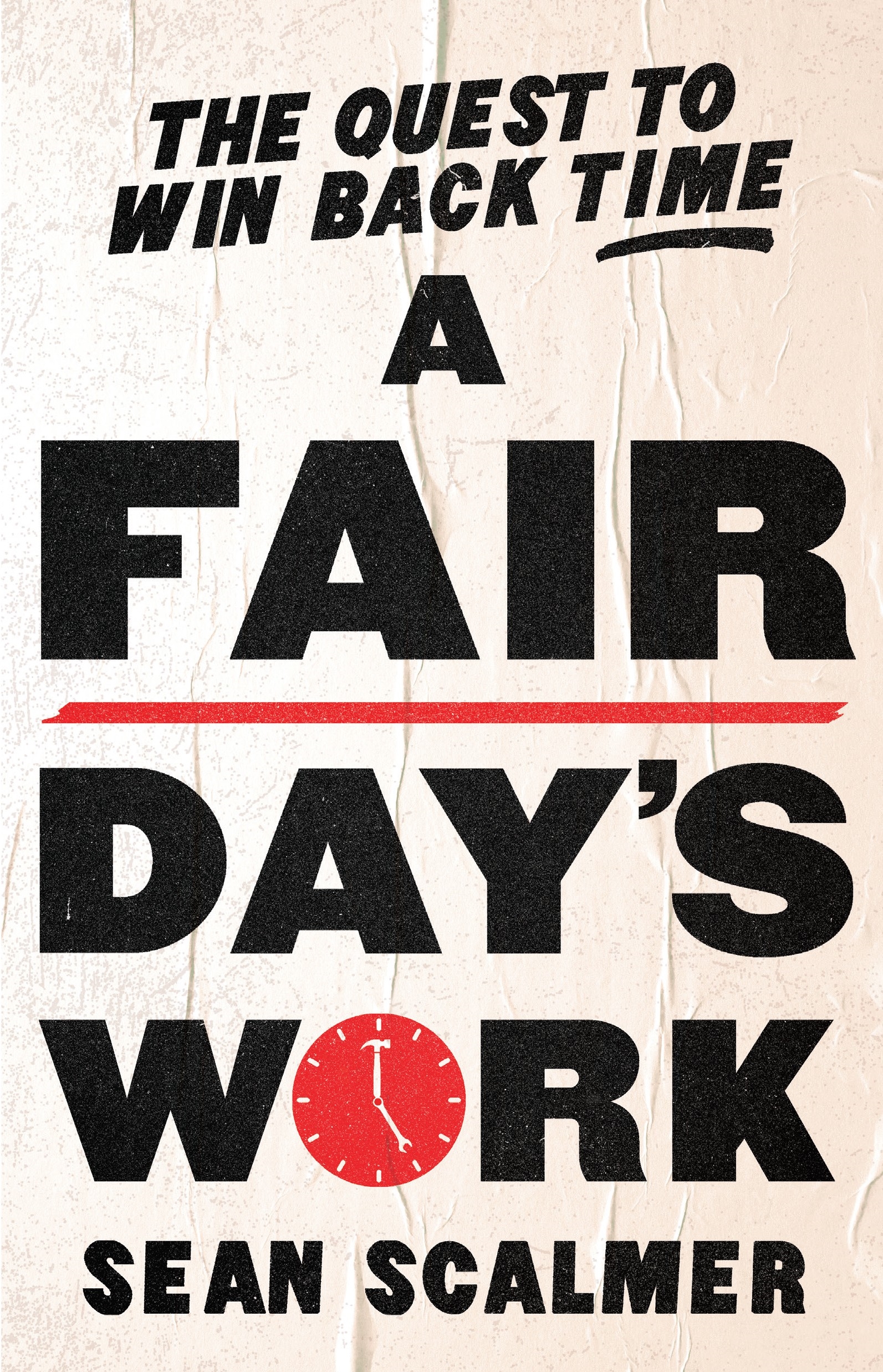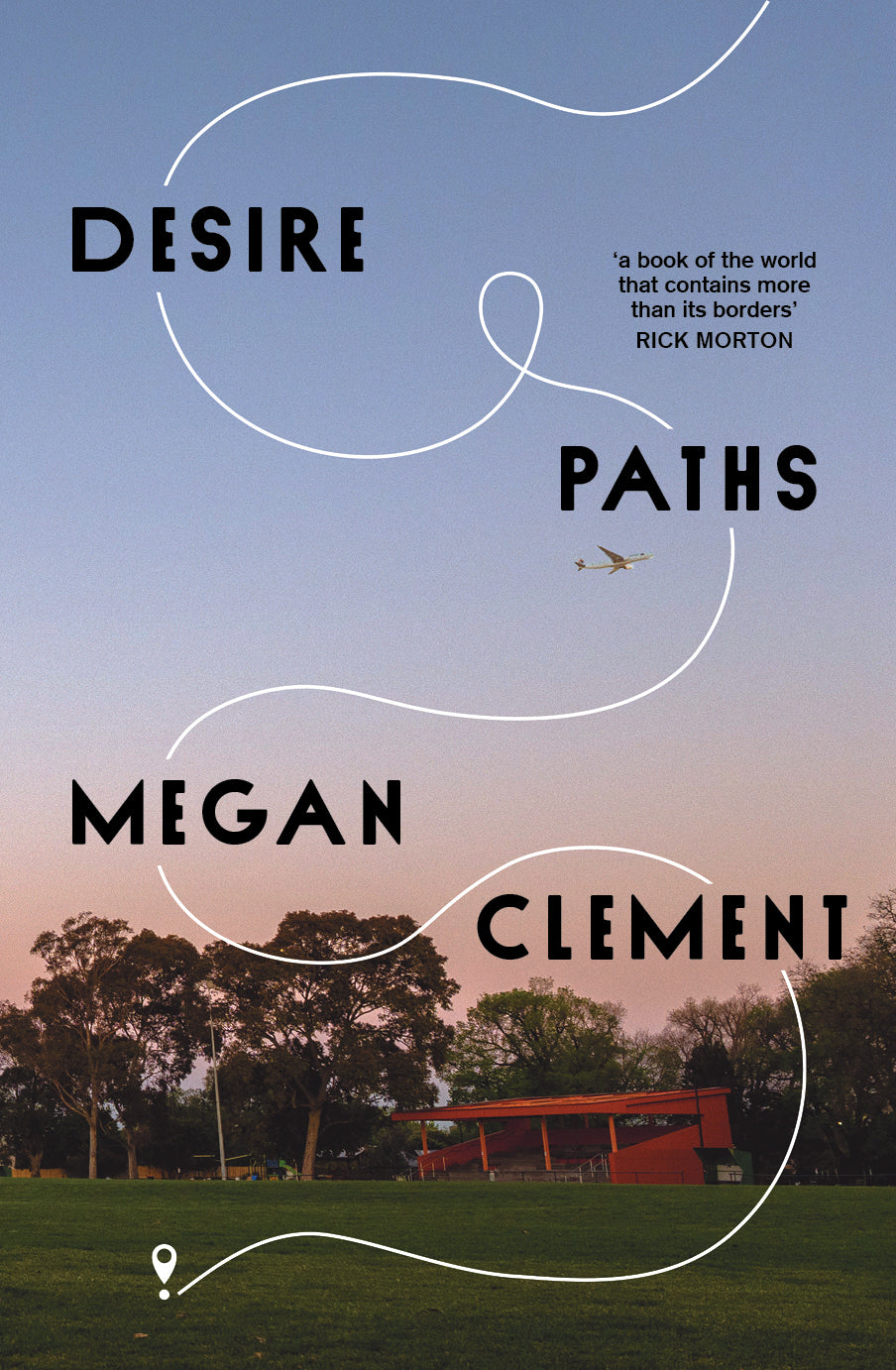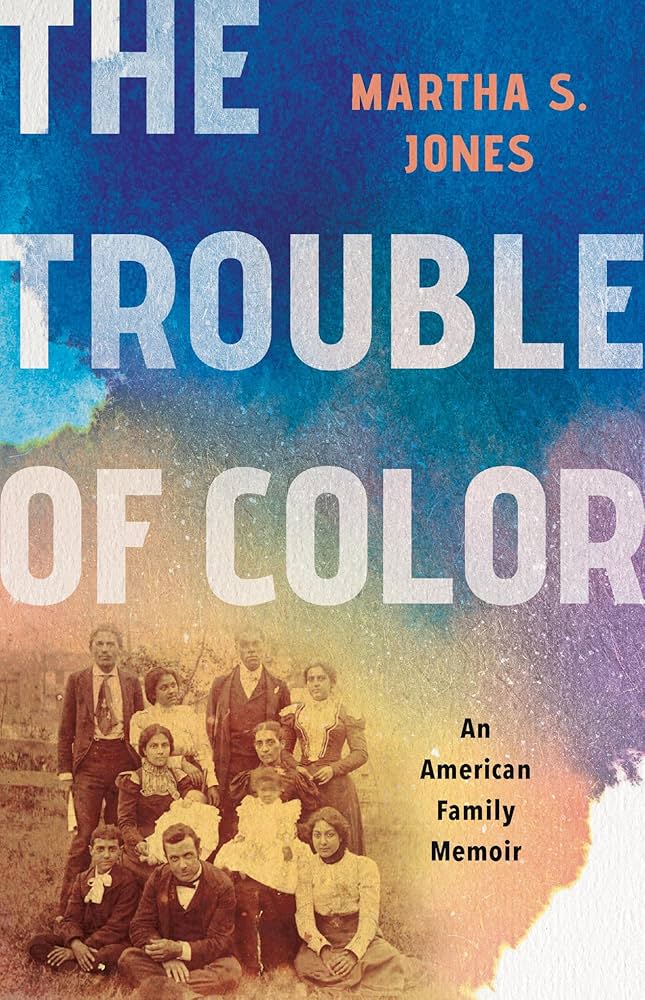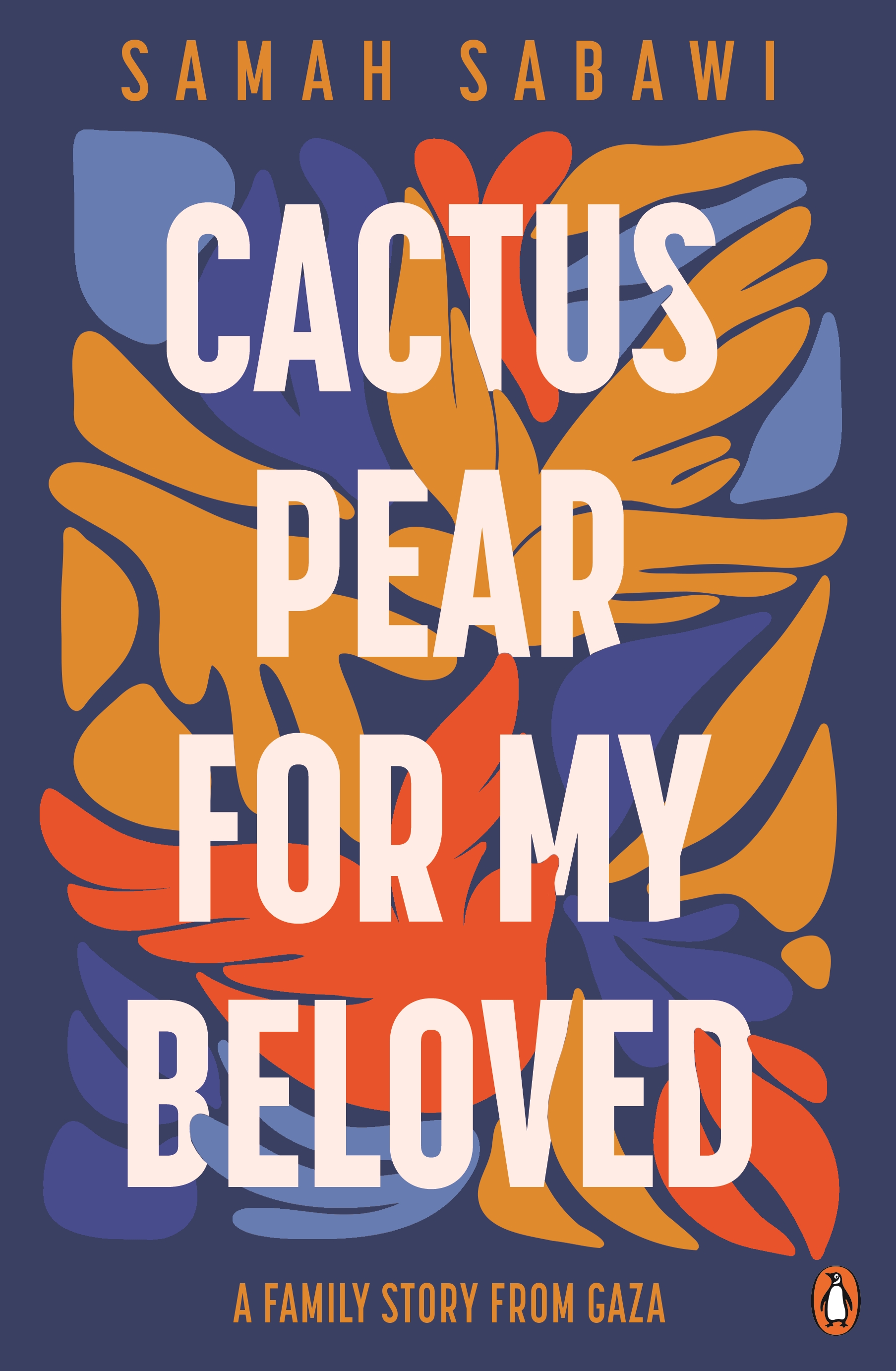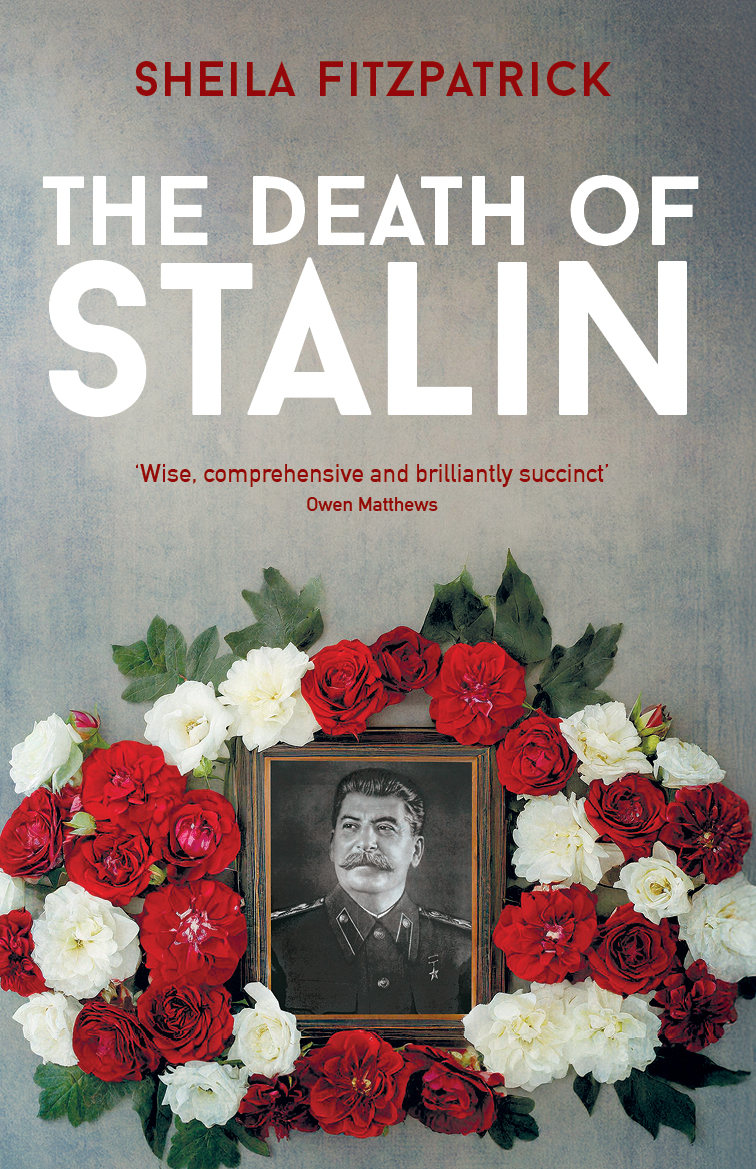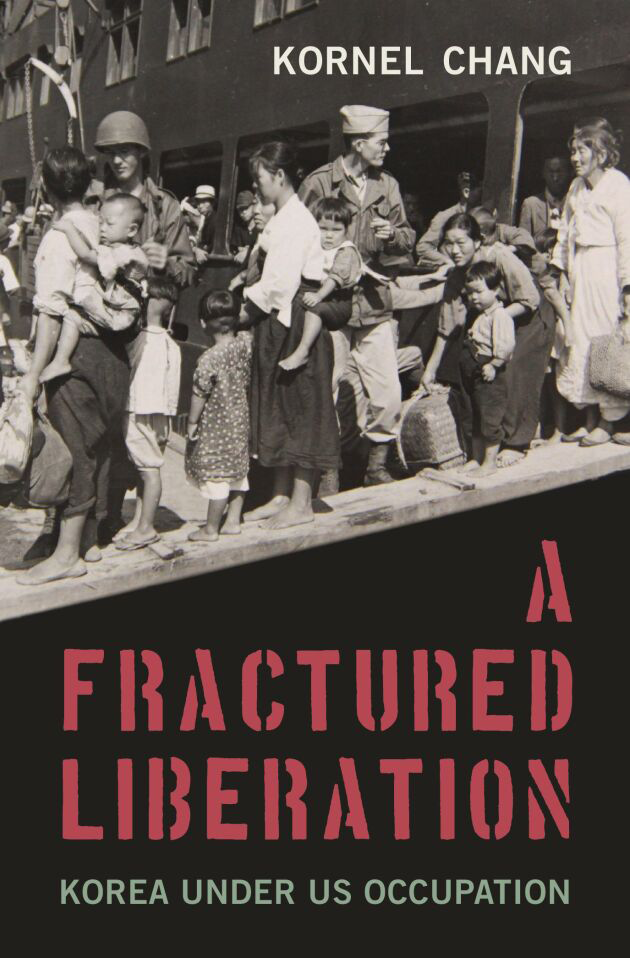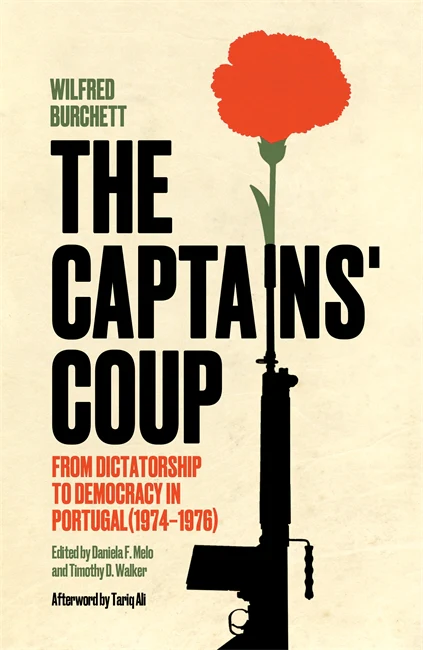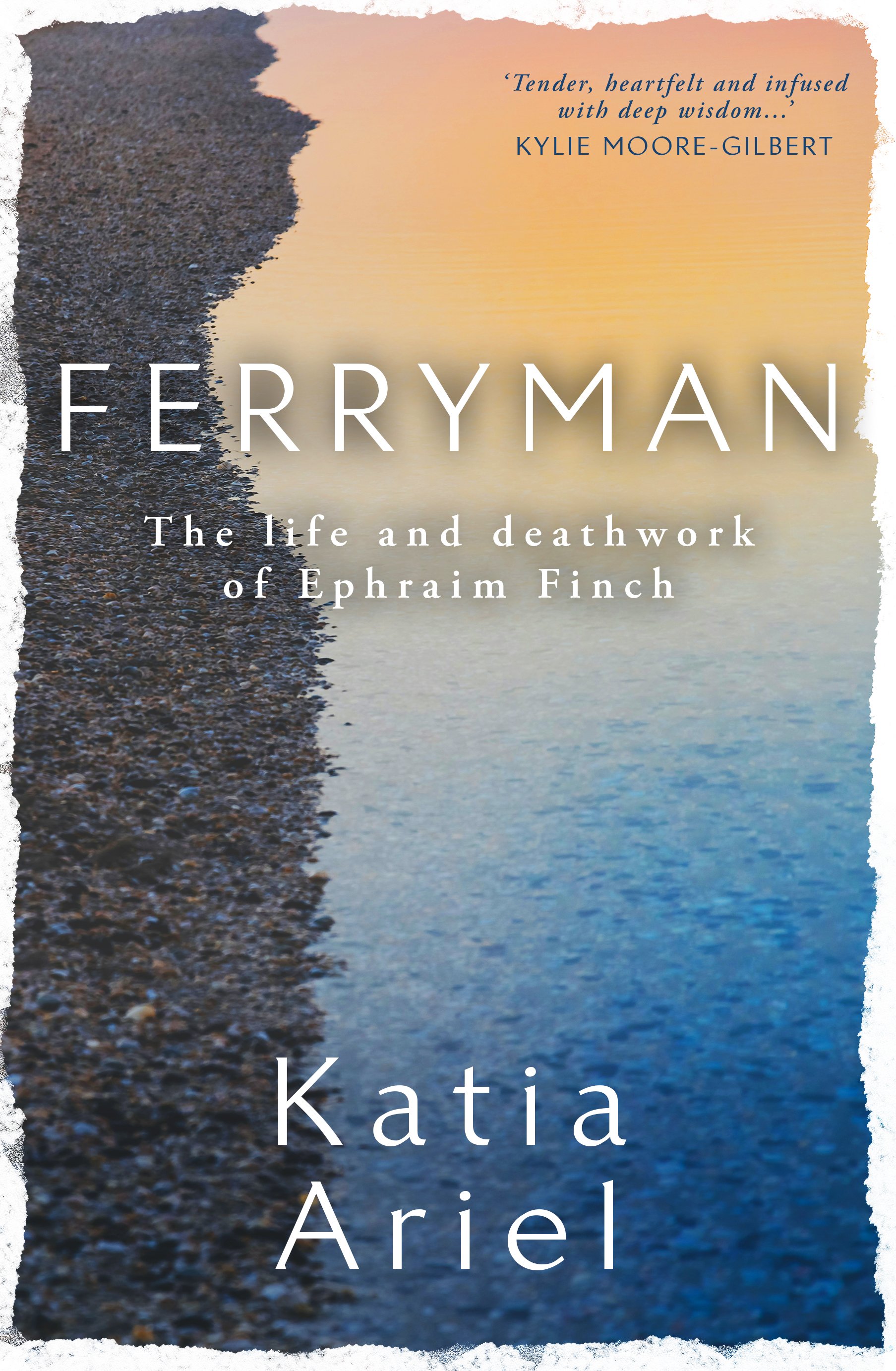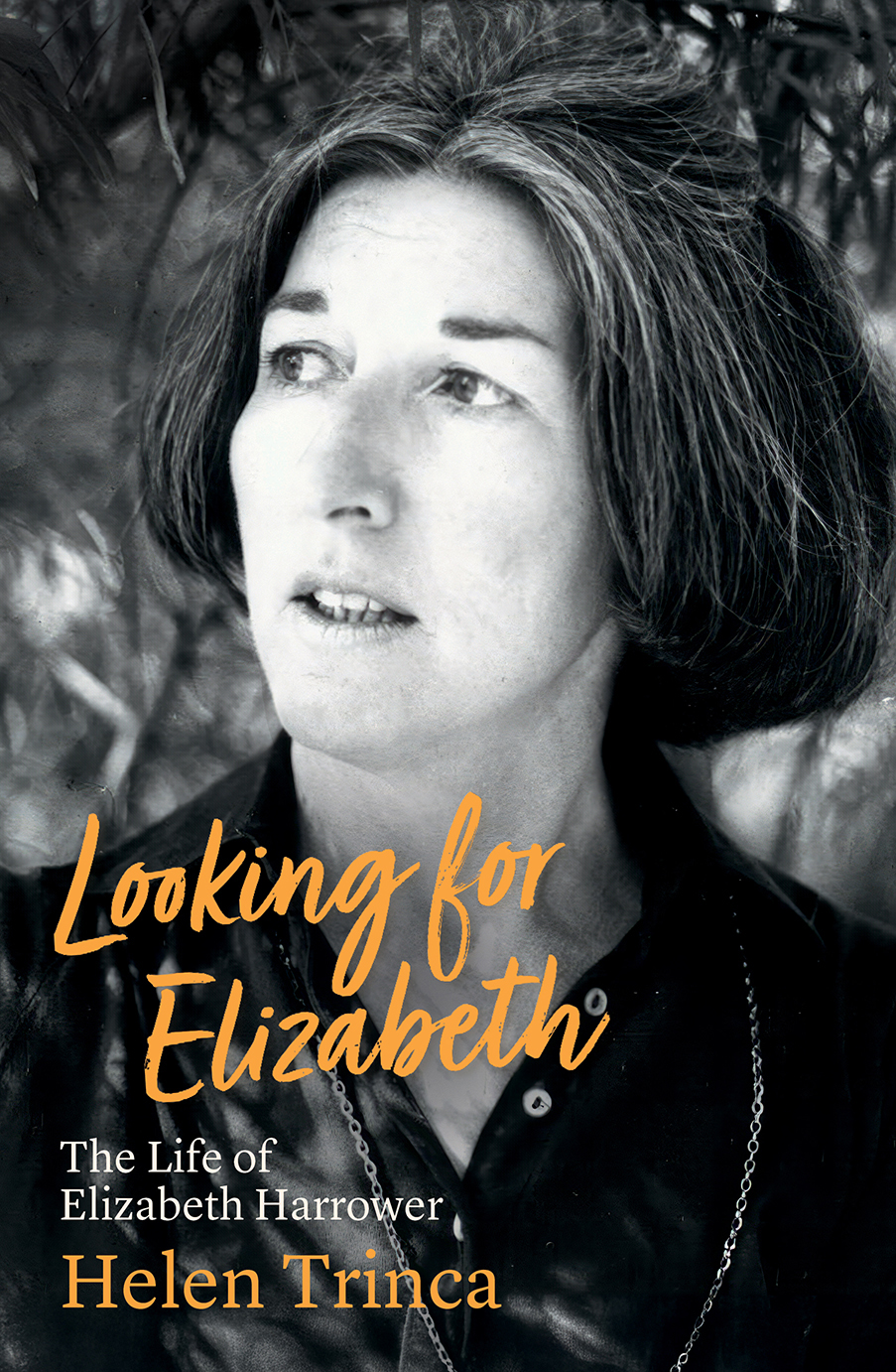Non Fiction
A Fair Day’s Work: The quest to win back time by Sean Scalmer
A Fair Day’s Work: The quest to win back time is a work of history that is both reflective and urgent. It situates the long struggle of the Australian labour movement to secure reductions in the length of the standard working week – from sixty hours a week in the 1850s to thirty-eight hours a week by the early 1980s – within the contemporary fight against the resurgent power of capital, growing economic inequality, and the shrinking of the middle class. As much as it is a historical account of Australia’s leading role in reducing working hours across the world, it is also a call to action for a new generation of working people to rediscover the fight.
... (read more)Urban planners refer to the accidental trails created by foot traffic as ‘desire paths’. These are the unintentional routes shaped by the footprints of where humans wish to go, rather than the signposted pathway. They are the barely-there tracks, sometimes right next to the concreted or cobblestone walkway, in quiet defiance of dictated procession. It is a concept ripe for writerly annexation – author Robert Macfarlane calls them ‘free-will ways’ – which journalist Megan Clement does superbly in this memoir of her beloved father’s death told through the desire paths her own life has taken – from a childhood in Stoke-on-Trent, in England, and Zimbabwe to her teenage years growing up in a leftist, working-class enclave of Melbourne and the years she spent flying between France and her dying father in Australia, until the pandemic grounded her in Melbourne, sans fresh air, human contact, and any possibility of carving out fresh footfall.
... (read more)The Trouble of Color: An American family memoir by Martha S. Jones
We are now in a time when the race crimes of the past that shored up colonisation, chattel slavery, and segregation can be more safely unravelled. Those of us whose families have been on the ‘wrong side’ of the colour line can discover the forces shaping our families and ourselves. Only in the past two decades or so have the veils of false respectability and dubious notions of human difference based on race been lifted sufficiently to allow a focus on the history of mixed-race family formations. Edward Ball’s Slaves in the Family (1998) was a joyous discovery for me, a mixed-race Aboriginal Australian who recognised the same pattern, every generation having both black and white relations in our families.
... (read more)Cactus Pear for My Beloved: A family story from Gaza by Samah Sabawi
Majnoon, Arabic for ‘madness’, looms over the life of Abdul Karim Sabawi, whose story is the central thread in Samah Sabawi’s 2025 Stella-shortlisted offering, Cactus Pear for My Beloved. The madness first takes form as the town lunatic, who terrorises the boy and his mother at the local well with concocted Quranic incantations. Thereafter, the majnoon casts fear from the sky, his ‘senseless and ruthless violence’ manifesting as Israeli aeroplanes that shadow Karim’s childhood, adolescence, and young adulthood in Gaza, Palestine. Born in 1942, Karim witnesses Al Nakba:
... (read more)In the quick-scroll world of soundbites and ‘shorts’, academic professionals must pack their expertise into a concise form, writing ever shorter narratives. Sheila Fitzpatrick, an eminent Australian scholar of everything Soviet, delivers in shorthand. Her little book focuses on a single aspect of one person’s life with Joseph Stalin’s death.
... (read more)A Fractured Liberation: Korea under US occupation by Kornel Chang
In the late hours of 3 December 2024 South Korean President Yoon Suk Yeol declared martial law in response to what he claimed was a ‘legislative dictatorship’ directed by ‘anti-state forces’. In shocking scenes broadcast around the world, citizens took to the streets in protest and mobilised army units defied orders to suppress dissent. Meanwhile, 190 legislators from both parties forced their way into the National Assembly to unanimously vote down the martial law declaration. It was rescinded just hours later, and the disgraced president was subsequently impeached and unceremoniously removed from office.
... (read more)The Captains’ Coup: From dictatorship to democracy in Portugal (1974-1976) by Wilfred Burchett and edited by Daniela F. Melo and Timothy D. Walker
More than a decade ago, two academics browsing in an antiquarian bookshop in Lisbon stumbled across a Portuguese language account of the 1974 Captains’ Coup by Wilfred Burchett. A little digging revealed that while the volume had been translated into Italian and Spanish in the year of its publication, with a Japanese edition appearing the year afterwards, no English language edition had ever been produced. Indeed, nobody seemed to know where the original manuscript might be found. A chance encounter and a helpful librarian located the original typescript in the Burchett papers at the National Library of Australia in Canberra. While this detective story makes for an entertaining preface, it is telling that having tracked down and meticulously prepared the manuscript it then took the editors more than ten years to find a publisher for the first English language edition of The Captains’ Coup.
... (read more)Ferryman: The life and deathwork of Ephraim Finch by Katia Ariel
On weekday mornings in the 1950s a teenager called Geoffrey William Finch would ride his Malvern Star through Sydney’s Rookwood cemetery on the way to his carpentry job. Cutting across fields of headstones, he talked incessantly. When, several decades later, Katia Ariel asks who he was speaking to, Finch pauses, closes his eyes and then, ‘with a boyish smile playing on his bearded face’, explains that he was ‘talking to God’.
... (read more)Looking for Elizabeth by Helen Trinca & Elizabeth Harrower by Susan Wyndham
That Elizabeth Harrower should merit not one but two biographies would have both surprised and pleased her. That the biographies would be published within months of each other, by two Sydney writers and journalists, using much the same source material, would have intrigued her, as it did me. I don’t know Helen Trinca or Susan Wyndham, or who had the idea first, or anything of the anxiety they must have felt at being pipped at the post, or of any rivalry for sources and access to people or documents, but the two books arrived on my desk together.
... (read more)Part memoir, part manifesto, part ‘moral reckoning’, Ittay Flescher’s The Holy and the Broken opens with a tribute to Leonard Cohen’s ‘Hallelujah’. Flescher names Cohen’s timeless ballad Jerusalem’s unofficial anthem, infused as it is with Biblical allegory and, at times, a kind of despair-filled nihilism. Whereas Cohen imagined the Hebrew liturgical expression as either holy or broken, depending on the inclinations of those who heard it, for Flescher, his own newly adopted home of Jerusalem is both holy and broken at the same time. It is Flescher’s fervent wish, and the mission of his book, that the city’s diverse inhabitants come together to ‘mend what is broken and build a future that honours the holy aspirations of all of us who call this land home’.
... (read more)

